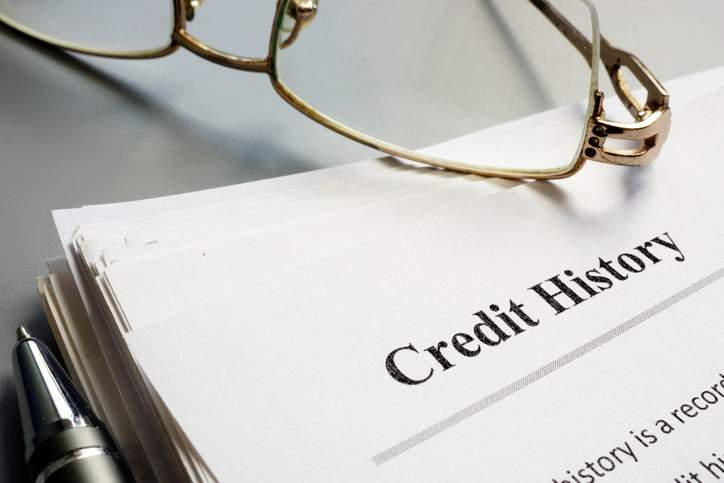Establishing and maintaining a positive credit history is necessary to reach a number of important milestones, including buying a vehicle, purchasing a home and financing an education. Yet, many people don’t understand the basic building blocks of a credit history. Let’s take a look at the fundamentals of building a credit history.
Managing a Bank Account
Before diving into credit, a person should be able to successfully manage a bank account. That means maintaining a balance and not overdrawing the account. While writing checks is becoming increasingly rare, maintaining a bank account and using a debit card can help prepare someone for the responsibilities of credit.
Obtaining Credit
Securing credit when you don’t have a credit history can be challenging, but not impossible. There are a few ways to do it:
- Get a Secured Credit Card – A secured credit card is a credit card that’s tied to a savings account balance. The amount of credit available will not exceed the amount in the savings account. If you miss payments, the debt is covered by the savings balance. A secured card is a good way to dip into credit while minimizing the possibility of overspending.
- Become an Authorized User — Another way to obtain credit when you’ve never had any is to become an authorized user on someone else’s (usually a parent’s) account. This gives you the freedom and experience of using a credit card, without being 100% responsible. Of course, you’ll want the primary cardholder to set guidelines and limits on what and how much you can charge. You’ll also need to make arrangements to pay for your portion of the payment each month.
- Open a Retail Credit Card — Although we don’t generally recommend it, getting a retail store credit card can be a positive move for someone building a credit history. Keep in mind these cards generally have low limits and high interest rates. You’ll want to charge a small amount at a time and pay it off in full each month. Remember, you want to use it for building a credit history, not shop ‘til you drop.
Establishing Limits
Once you begin to obtain and successfully manage credit, creditors will start to seek you out and offer you more. While it may be tempting, it’s very easy to get in over your head quickly. Recognize the limits of what you can reasonably plan to pay off every month and don’t exceed that in spending. To minimize temptation, you’ll want to opt-out of pre-approved credit offers by visiting optoutprescreen.com. That way, you can seek out the credit you want, rather than having it offered unsolicited.
Paying on Time and In Full
The fastest, easiest way to damage your credit history is by making late payments or missing them altogether. Ideally, you want to pay the balance in full, on time, every month. If you find you can’t pay the full balance, pay as much over the minimum payment as your budget allows. And stop charging on that card until you can pay it off in full.
Checking Your Credit
Once you have a credit history, you’ll want to check it periodically for accuracy. If you find errors on your credit report or are confused by anything you see, contact the three major credit bureaus to set things right.





